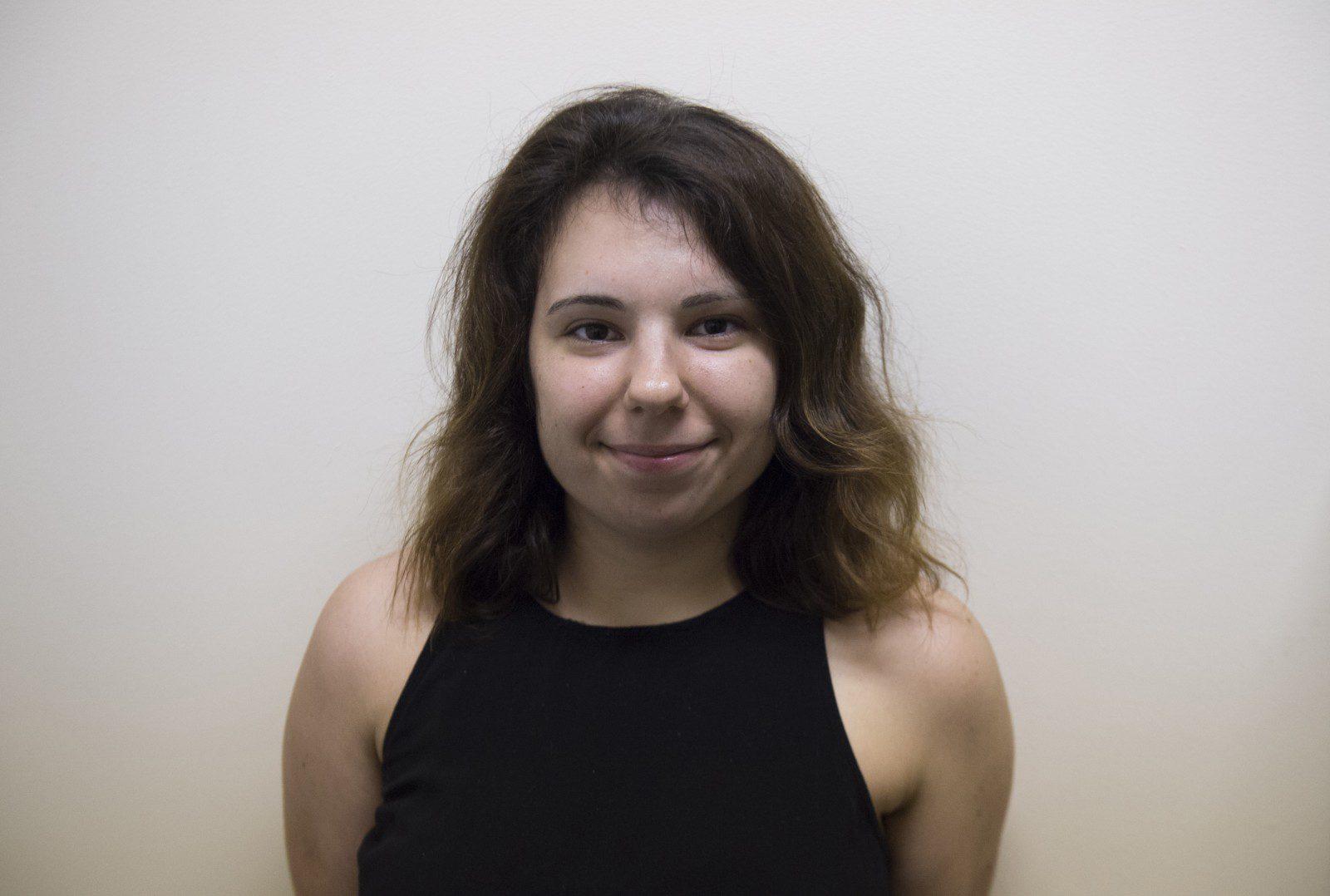Whether we like it or not, education is political. Our kids, our teachers, our lunches and our sexual education are all deeply politicized — that’s obvious. It’s not so obvious how to wield that political power so that schools could work, empower and educate.
Though the poor condition and climbing price of higher education are of grave concerns, I want to talk specifically about public education.
I went to under-performing, public middle and high schools in North Jersey. My mom has been a public school art teacher for 10 years, spending half of that time in an under-performing elementary school and the other half in an under-performing middle school. I have felt, and still currently feel, the assault on these schools from a deeply personal perspective.
Donald Trump’s secretary of education pick, Betsy DeVos, wants to bleed public schools. She favors more charter schools and no teacher unions, vouchers or mass privatization.
Charter schools are inherently dangerous. They leach funding from public schools and disproportionately discriminate against certain students. They’re selective and choose only the “good, smart kids.” They leave special education and poor-performing students to public schools because charters are neither equipped nor financially capable of handling those things. Their teachers are not always unionized or tenured and can pretty much be fired without union jurisdiction.
The assault on schools is and has always been a bipartisan problem. While the GOP seeks to privatize, Democrats have been intervening too deeply in schools that should be governed instead by the community. They pump state and federal money into inner city schools as a quick fix without paying any mind to the structural issues, the communal issues and the administrators who contribute to and often times even cause the problems. The poster child for Democrats failing on the account of education is my senator, Cory Booker.
No one in this situation is really guiltless. It is deeply unfortunate because poor-performing, bleak schools will inevitably lead to a poor-performing bleak populace and a poor-performing, bleak future. I know it is cliché, but children really are our future. When schools do badly, they do badly.
Not everyone can afford to send their kids to private schools. Not every kid can get into a charter school or get their hands on a voucher. Even if they do connive their way into those exclusive institutions, they do not stay there if they have a learning or behavioral disability. They don’t stay there if they happen to misbehave and look a certain way. They do not stay there if the school itself shuts down, which is the case with many charters.
In this world of pick and choose, the absolute saddest part is that equality in education is not guaranteed.
Education advocate Horace Mann said that education is “the great equalizer of the conditions of men, the balance wheel of the social machinery.” This starts with elementary school, middle school and high school. Every child, regardless of where they come from, who they are or what they look like, deserves at the very least the opportunity of education.
Yes, I went to a public school. The pools of talent I saw there and the types of people who really could make it, when given the right opportunities, was astounding. The narrative of “if you work hard, you can make it” is sort of an illusion. If not provided with the bare tools or equipment, no amount of dedication and talent will save you. We have to develop a social consciousness and feel a connection not only to ourselves and our kids, but also to other people and their kids. Education is, at its core, connective, equalizing and public.























































































































